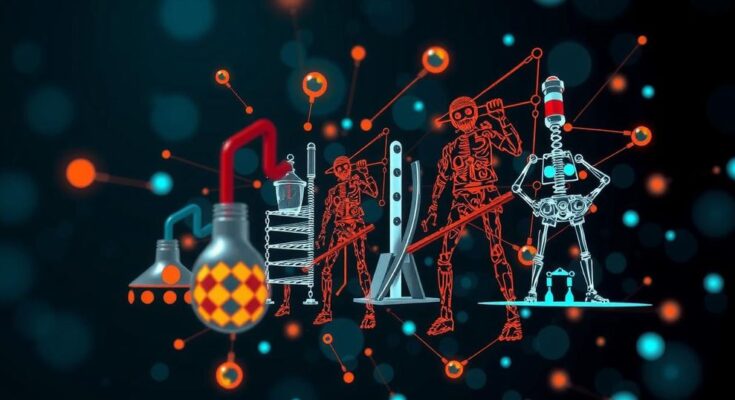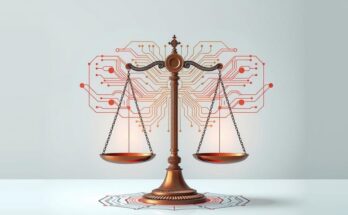The article argues for a comprehensive educational approach combining both STEM and humanities to prepare individuals for the advancements of the Fourth Industrial Revolution. It emphasizes the need for ethical understanding alongside technical skills, advocating for lifelong learning to cater to a diverse range of learners.
In an era marked by rapid advancements in artificial intelligence, the fundamental question arises: what is the real purpose of education? The automation of jobs and the advent of technologies like 5G demand a reevaluation of how we prepare individuals for the future. This is a call for educators, policy-makers, and the business sector to reconsider long-standing educational practices to embrace a holistic approach that includes both sciences and humanities. Our educational systems must cultivate essential STEM skills that resonate with technological demands while also embedding civic and ethical understanding. We must create educators who prioritize not only technical proficiency but also equip students with the moral judgement to use these technologies wisely. Additionally, there’s a pressing need to broaden educational access across various age groups, ensuring that we teach the future’s required skills to everyone, at any age. While STEM education is undoubtedly crucial in our tech-driven world, an overemphasis on these subjects can lead to neglecting the humanities which provide the ethical framework necessary for responsible technology use. Humanity’s core subjects—history, literature, and philosophy—are vital to developing individuals who can engage thoughtfully with emerging technologies. We need professionals like geneticists well-versed in societal impact literature, and data analysts who can understand historical contexts. This dual mastery will guide technological advancements with a moral compass and ensure technology serves humanity, rather than the other way around. The recent missteps of tech leaders highlight the necessity of weaving humanistic principles into the fabric of technological development. Moreover, the traditional notion of education finishing at a young age is increasingly outdated. Lifelong learning should underpin our educational framework; as technology evolves swiftly, the need for continuous skill development throughout one’s life has never been more critical. Universities will soon cater to a diverse range of learners, from fresh high school graduates to seasoned professionals seeking new knowledge later in life. Schools must embrace these evolving dynamics, reflecting the diverse and changing nature of society. I envision an education that champions adaptability and responsiveness, preparing individuals not just for the Fourth Industrial Revolution but primed for a vibrant future. As a firm believer in technology’s potential, I remain optimistic that we hold the reins of our future with a well-rounded, integrated education system that nurtures both intellect and morality.
The Fourth Industrial Revolution is defined by breakthroughs in technology and automation, prompting a need for a reevaluation of educational practices. The rise of machines capable of human-like cognitive functions pushes society to consider what education should achieve in preparing individuals for a technology-driven world. The article investigates how integrating STEM education with humanities can nurture responsible and ethical individuals ready to tackle future challenges.
To excel in the Fourth Industrial Revolution, education must embrace a synergistic approach that values both science and humanities. By fostering an environment that encourages both technical and ethical understanding, we can nurture leaders who will navigate the complexities of an increasingly technology-driven society. Lifelong learning must be central to this educational renaissance, preparing people of all ages for the challenges ahead.
Original Source: www.weforum.org



